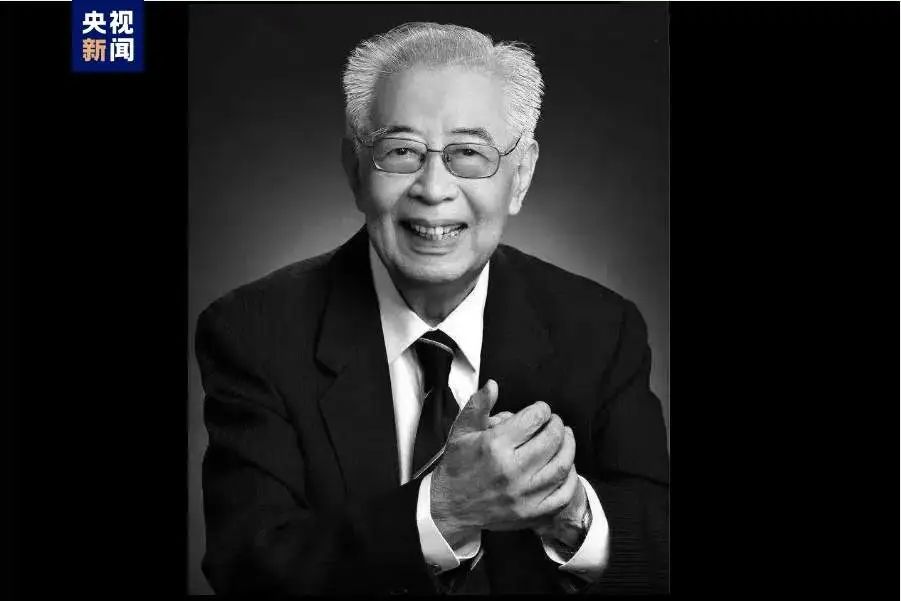Pioneering scientist Zhang Cunhao dies at 96


Zhang Cunhao, a distinguished physicist and chemist who spearheaded advances in China's scientific landscape, died in Beijing on Friday at age 96, China Central Television reported, citing an announcement by the Chinese Academy of Sciences' Dalian Institute of Chemical Physics.
Zhang, a revered CAS academician, held esteemed positions throughout his career. He served as director of the National Natural Science Foundation of China and director of the institute in Dalian.
His dedication to research resulted in groundbreaking contributions across various scientific disciplines, including catalysis, rocket propellants, chemical lasers and molecular reaction dynamics, CCTV reported.
Zhang played a key role in developing a highly efficient molten iron catalyst for fuel synthesis and codeveloped the multi-layer flame theory for solid propellants, which had significant impacts on China's scientific progress.
Zhang's achievements transcended national borders. He achieved international recognition for developing the world's first pulsed fluorine-iodine chemical laser ignited by discharge.
He also pioneered ion dip spectroscopy, a groundbreaking technique for studying ultra-short-lived excited molecules. He used the method to determine the lifetime of an ammonia molecule's predissociation excited state at 100 femtoseconds, a feat lauded by the global scientific community.
His life journey was a testament to his unwavering dedication to China's scientific advancement.
Born in Tianjin in 1928, he experienced the disruption of the Japanese invasion in 1937.
After studying in the United States and earning a master's degree in chemical engineering from the University of Michigan in 1950, he returned to China as tensions between the US and China escalated during the War to Resist US Aggression and Aid Korea (1950-53).
Throughout his career, Zhang adapted his research focus to align with China's evolving strategic needs. He transitioned from water gas synthesis fuels to rocket propellants and later to chemical lasers, consistently excelling in each field.
As director of the National Natural Science Foundation of China, Zhang championed programs such as the National Science Fund for Distinguished Young Scholars. He actively fostered a research environment that empowered young scientists and facilitated their rapid development.
- Surging flu cases drive up demand for drug
- Nanchang funds 19 free funeral venues after tragedy
- Massive ice sculpture replicates CNS?Liaoning aircraft carrier
- China to enhance to improve carbon footprint
- Experts advocate vaccinations to combat flu cases
- Singer Lu Han apologizes for inappropriate behavior





































